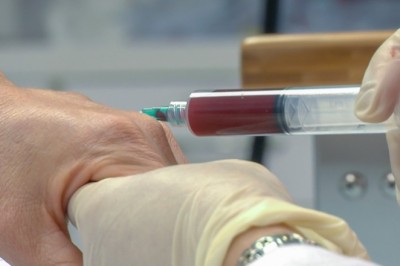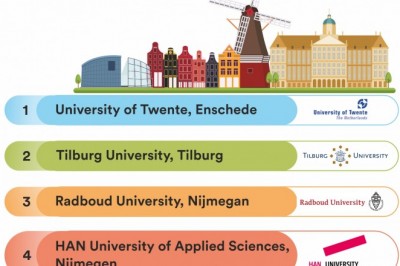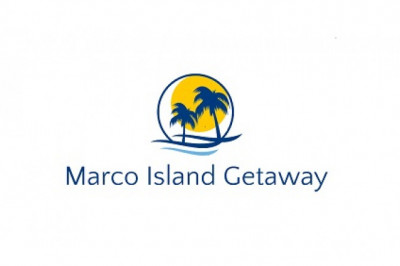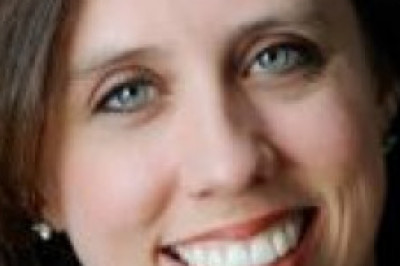views

Iktos, a company specialized in Artificial Intelligence for new drug design and UCB, a global biopharma company focusing on neurology and immunology, today announced a software licensing agreement related to AI-based retrosynthesis analysis and planning tool Spaya™ which will be used to empower synthetic and medicinal chemistry projects for drug design and discovery of new chemical entities within UCB. Under the agreement terms, Iktos will deploy a customised version of Spaya™ within UCB’s IT infrastructure to incorporate their reactions and starting materials data.
Iktos, a leading player in AI for in silico drug design with established collaborations with many pharma companies and research organizations across the world, has recently diversified its R&D efforts into the development of an AI technology for retrosynthesis. Identifying and selecting synthetic pathways is one of the most challenging and time-consuming tasks in synthetic and medicinal chemistry. Iktos has developed AI based retrosynthesis analysis and planning tool Spaya™ by harnessing the power of data-driven retrosynthesis algorithm for systematic exploration and prioritisation of synthetic routes for a desired compound in minutes. Furthermore, information on commercially available starting materials and price enhances the value proposition of Spaya™.
“We are thrilled to initiate a new software licensing agreement with UCB,” commented Yann Gaston-Mathé, President and CEO of Iktos. “This new collaboration agreement is another testimony of the leadership position that Iktos has developed in the field of AI for chemistry and drug design. Iktos team is very pleased to have achieved this major milestone in the commercialisation of Spaya™ software with a global pharma company within six months of releasing the beta version on the web. We are eager to demonstrate to our collaborators the power of Iktos technology to accelerate their research, and to get the opportunity to further prove our value in real-life projects by effectively deploying our technology with customers.”
Luis Castro, UCB’s Global Head of Discovery Chemistry said: “Further embedding AI within our drug discovery processes is part of our digital transformation ambition and we are excited about deploying the power of this technology to help speed up drug design and discovery for the benefit of patients worldwide.”
For more such updates and perspectives around Digital Innovation, IoT, Data Infrastructure, AI & Cybsercurity, go to AI-Techpark.com.












